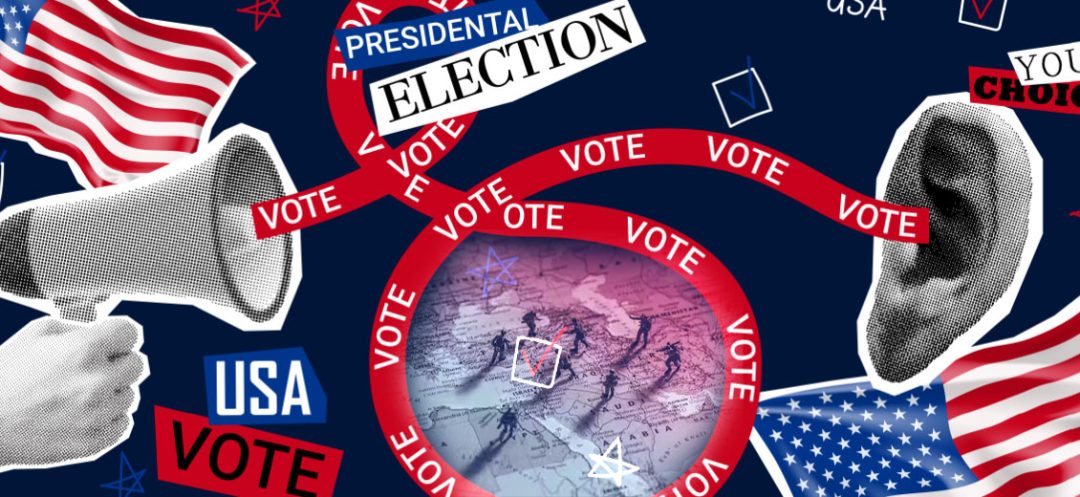Listen to the article
The recent rise in regional tensions – marked by Houthi attacks on Tel Aviv and Israel’s unprecedented response of targeting the port of Hodeidah – signals a broadening of the Arab-Israeli conflict. This could usher in a new phase of military intervention that extends beyond traditional boundaries, without necessarily escalating into a full-scale war.
The tactic of “playing with fire,” as it is colloquially known, has become a skill mastered by most parties involved in the conflict, all of whom are living on the edge. Military strikes and counterstrikes are exchanged within defined limits, inflicting pain and damage without igniting an all-out war – an outcome that most parties are clearly intent on avoiding.
Although Hezbollah launched what it referred to as a “support front” for Gaza on October 7, the second day of the war, the Shiite group has maintained that, despite the ongoing Israeli attacks on southern Lebanon, the region will only achieve calm and stability once the Israeli offensive against Gaza concludes.
In any case, this war, just like many others, is intricately tied to the United States presidential election, which has been significantly altered by President Joe Biden’s withdrawal from the race. Meanwhile, former President Donald Trump has gained significant political momentum following a failed assassination attempt that nearly claimed his life. Trump’s skillful harnessing of the resulting popular sympathy has significantly strengthened his electoral and political prospects.
From the start, Washington has sought to prevent the war from escalating. Meanwhile, Tehran has refrained from direct involvement, except for a high-profile missile strike that – despite hours in transit and Israeli air defenses on high alert – had limited military impact. This strike represented the first direct Iranian retaliation against Israel, diverging from its previous strategy of using proxies to its bidding. While this military development is quite significant, it has remained within the established parameters of the conflict’s scope and intensity.
Amid a major political shift in the US, and with the Democratic Party reeling from the withdrawal of its leading candidate during a critical stage of the election campaign, the road to the White House seems to be clearing up for Trump. Should he make it, he is expected to review and potentially reverse many of the decisions made by his predecessor, Joe Biden, including some that were made during Trump’s first presidential term.
Regarding the Arab-Israeli conflict, both presidents are fully aligned with Tel Aviv. Trump takes pride in achievements such as moving the American embassy and recognizing Jerusalem as Israel’s capital – steps he asserts no previous US president would have taken. Meanwhile, Biden has consistently expressed, proudly and convincingly, that he is a Zionist and that Israel’s existence is key. With the number of Palestinian casualties nearing 40,000 after months of extended conflict, and with the situation under intense global scrutiny, the period leading up to the US presidential election will be particularly crucial for the ongoing war in Gaza. Israeli Prime Minister Benjamin Netanyahu naturally favors the return of Trump, who might provide him with the needed support to pursue his set plans. Moreover, Netanyahu might have a vested interest in prolonging the conflict for domestic reasons, including potentially evading accountability, which could arise once the war stops.
Whatever the circumstances, the world is closely monitoring the developments in Washington, which will undoubtedly have global repercussions, especially for the Arab-Israeli conflict.





